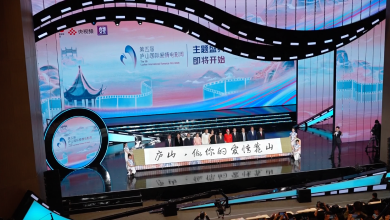South China Sea: hotlines exist, but Philippines says Beijing ‘does not answer’
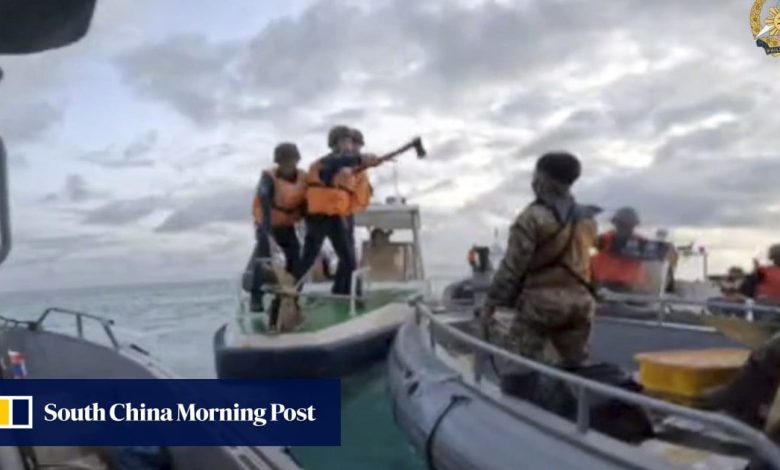
This was after both countries sat down on July 2 and signed the “Arrangement on Improving Philippines-China Maritime Communication Mechanisms”, agreeing to “discuss further how to operationalise this mechanism,” according to a statement issued by the Philippine Department of Foreign Affairs (DFA) that same day.
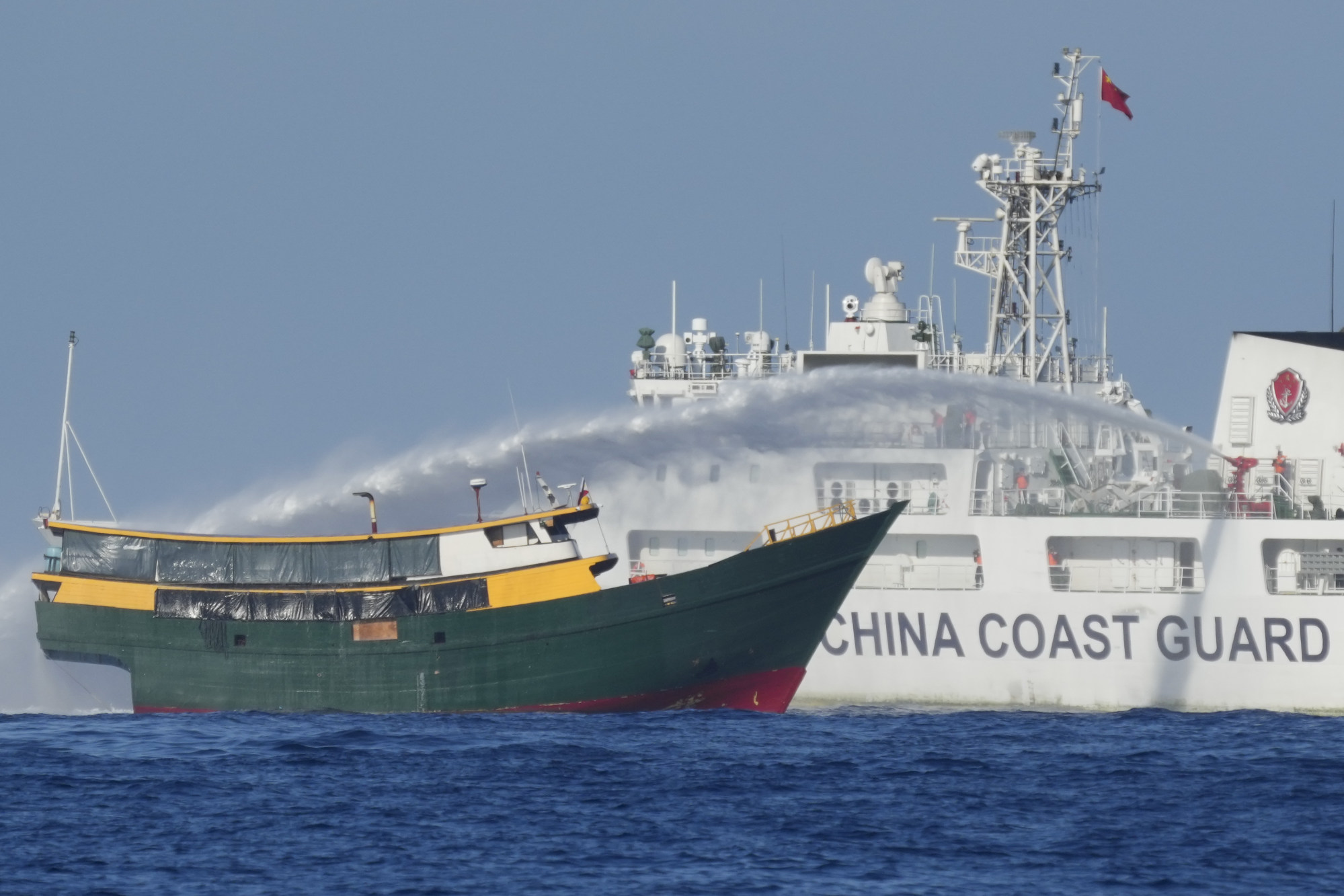
China’s Ministry of Foreign Affairs (MFA) had also issued a separate statement on the 9th Bilateral Consultation Mechanism meeting on the South China Sea and confirmed that “the two sides also had an exchange on improving the maritime communication mechanism, promoting the dialogue between the coastguard of the two countries”.
But the MFA made no mention of having signed any “arrangement” to improve the so-called maritime communication mechanisms.
The Philippine Coast Guard or PCG, a civilian agency, together with the Armed Forces of the Philippines, has been escorting resupply missions to Second Thomas Shoal which China calls Ren’ai Jiao.
A highly placed source, aware of PCG activities, told This Week in Asia on Wednesday that the PCG had an “active hotline of communication” with its Chinese counterpart but this “had never been used during resupply missions”.
“It’s not dead,” the source insisted, however. This was only used “for coordination with the [Chinese side] if there are search-and-rescue operations, especially during inclement weather, or there are missing fishermen,” the source said.
Another source, who knows about the hotline between the two countries’ foreign ministries, told This Week in Asia: “There is an existing hotline between the DFA and MFA, but China does not answer [when] the DFA calls.”
The source recalled that this came to light in August last year when DFA spokeswoman Teresita Daza told reporters the department had handed a note verbale to Chinese Ambassador to Manila Huang Xilian after the Chinese coastguard and Chinese militia ships blocked and blasted water cannons at PCG ships and other vessels resupplying troops stationed at the Second Thomas Shoal on August 5 last year.
Daza said the diplomatic note stated: “The Philippines, through the DFA, also expressed disappointment that the DFA was unable to reach its counterpart to the maritime communication mechanism for several hours while the incident was occurring.”
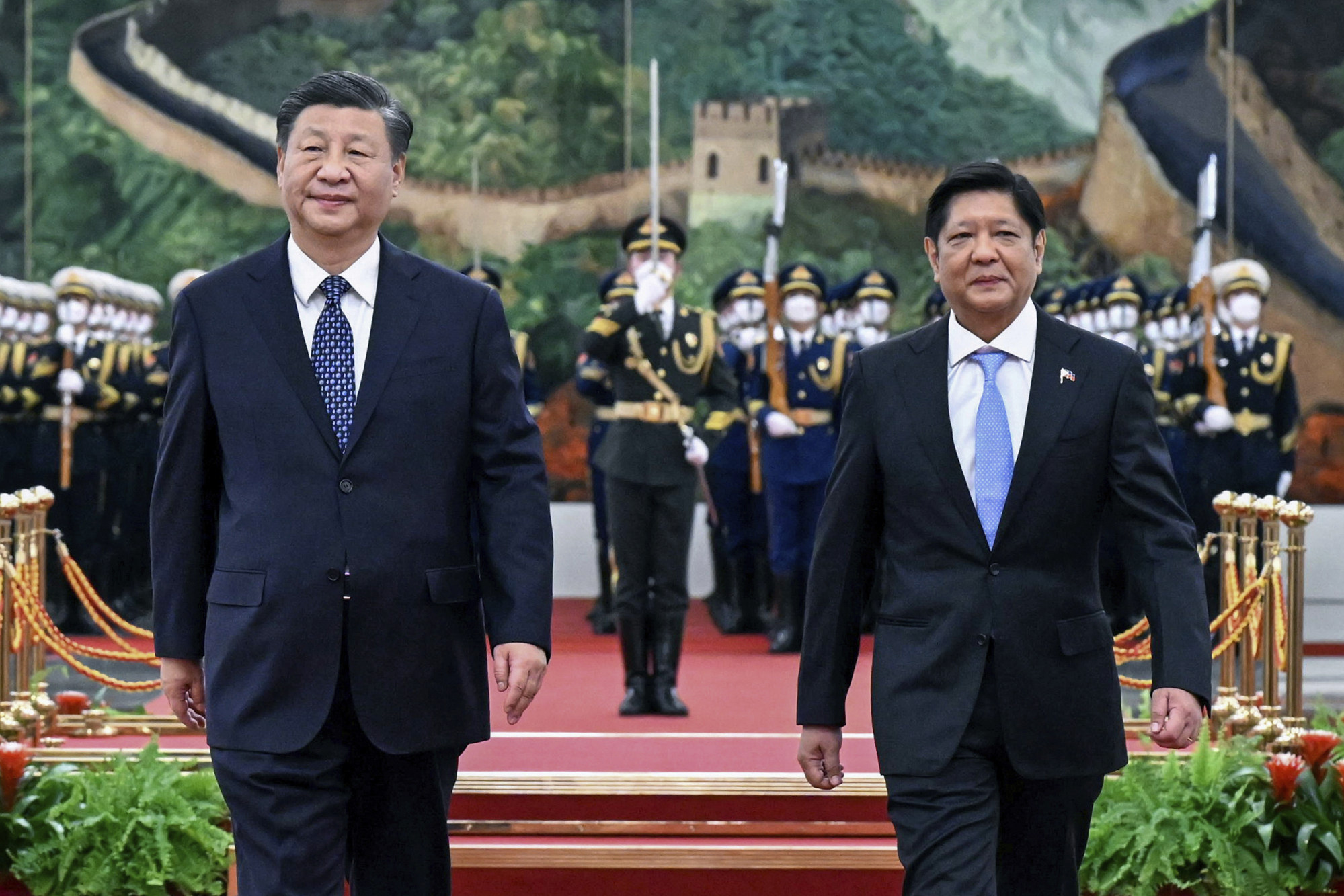
The DFA reminded its counterpart that during Marcos Jnr’s state visit in Beijing in January 2023, he had directly broached to Xi the establishment of a new hotline between the DFA’s Maritime and Ocean Affairs Office and the MFA’s Department of Boundary and Ocean Affairs.
The Presidential Communications Office quoted Marcos Jnr on January 5 last year as saying the proposal was to avert “misinformation” so that “nothing will be lost in translation”.
It was only in March this year that Marcos Jnr revealed during an interview with ABC Australia that he had personally proposed to Xi “a kind of hotline between us”.
“So that if there is a message that needed to be sent from one president to another, we can be assured that that message will reach them,” he said.
The urgent need to have a presidential hotline was underscored by the June 17 incident when Chinese naval and coastguard vessels not only blocked a resupply mission but their personnel – armed with axes and machetes – also boarded some Philippine vessels, damaged the boats and carted off high-powered firearms.
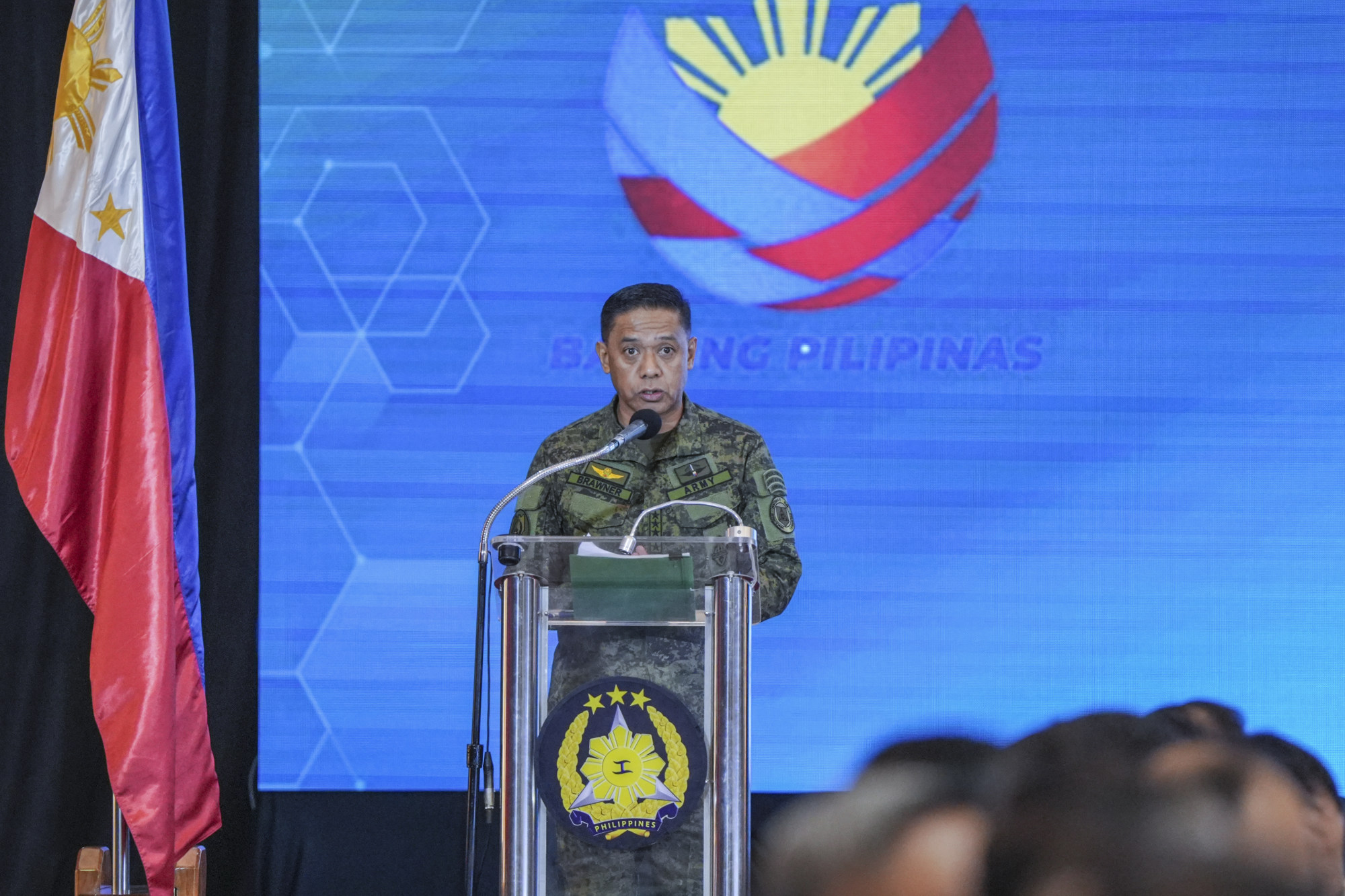
Since that incident, the Philippine military had not undertaken a new resupply mission, navy spokesman Rear Admiral Roy Vincent Trinidad said on Wednesday. However, the PCG successfully evacuated a sick soldier on July 7 despite China’s attempts to block it, according to a July 9 statement issued by Commodore Jay Tarriela, the official spokesman on PCG activities in the West Philippine Sea.
The United States has issued repeated reminders that such incidents could spiral out of control and if the Philippine government asks for Washington’s help, this would trigger the 1951 Mutual Defence Treaty.
“Yes, of course, they have been offering help, and they asked us how they could help us in any way,” the armed forces chief of staff General Romeo Brawner said on Tuesday.
But, he said, “We try to exhaust all possible options that we have before we ask for help.”
On Tuesday, Brawner and defence secretary Gilberto Teodoro Jnr met General Charles Brown, chairman of the Joint Chiefs of Staff of the US. Brawner said the meeting “sends a strong message to our neighbours and signals that our military-to-military relationship is strong”.


